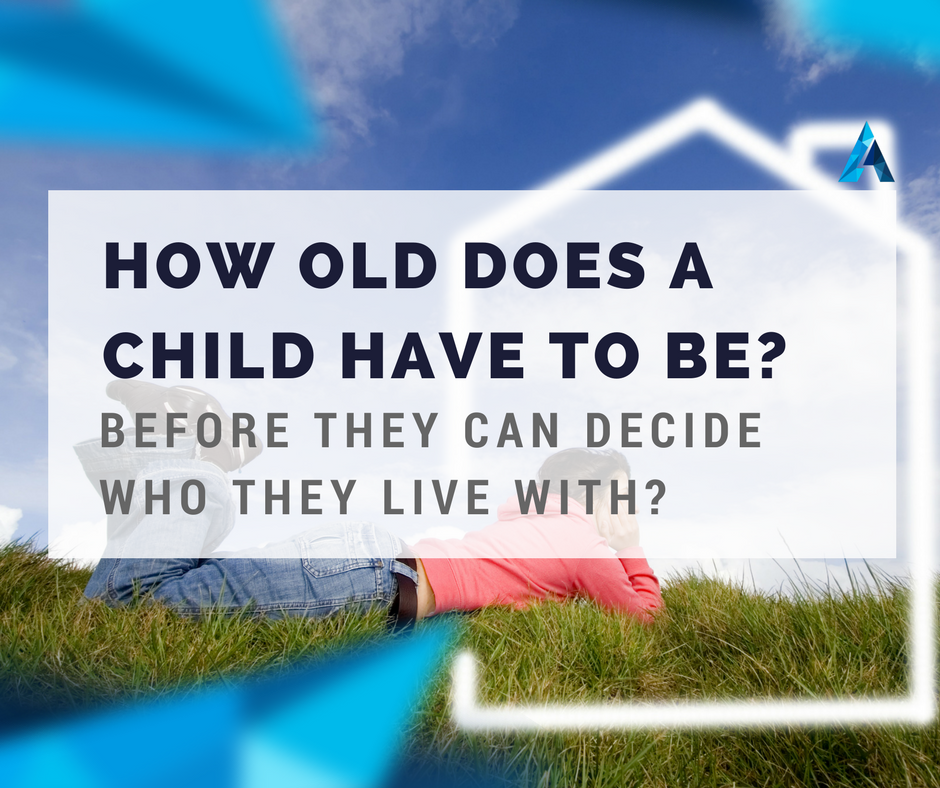How old does a child have to be before they can decide who they live with?
We are frequently asked at what age a child can decide themselves about which parent they will choose to live with. Two cases decided recently in Australia and the UK illustrates very well that the answer to this question is generally that the only definite response is when the child reaches the age of 18. […]

How old does a child have to be before they can decide who they live with?
We are frequently asked at what age a child can decide themselves about which parent they will choose to live with.
Two cases decided recently in Australia and the UK illustrates very well that the answer to this question is generally that the only definite response is when the child reaches the age of 18.
In Australia, the case of Bondelmonte was taken all the way to the High Court. In that case, there were 3 children aged 17, 15 & 12. The father took the two eldest children to the USA, failed to return as planned and the central plank of his response to the mother’s application for a return of the two children was to say that the children wish to remain with him in New York.
The court accepted that this was the view the two children had expressed. The court made the decision however that the children can decide nevertheless to return to Australia.
Central to the Court’s reasoning was that the children had been heavily influenced by their father and that they had not properly considered the impact that remaining in the United States would have on their relationship with their mother and their 12-year-old sister who both remained in Australia.
A not dissimilar outcome arose in a striking family law case in the UK. In that case the Judge, the Honorable Mr. Peter Jackson took the unique approach of delivering his judgment in the form of a letter to the 14-year-old boy who was the subject of the case. This case was also very unusual because the Judge had received evidence directly from the boy himself which is very rarely done, and also because the boy directly instructed his own solicitor to separately represent him in the case, another feature that is far from common.

In this case, the boy, known as Sam, lived in England with his mother and spent regular time with his father. His father developed a proposal to move to Scandinavia and Sam expressed a desire to move to Scandinavia with his father. Whether he should be allowed to do so was the central issue in the case. In his evidence to the Court, the father gave very little information about his plans in moving to Scandinavia and also said that he would very likely move to Scandinavia whether Sam was permitted to go with him or not.
Notwithstanding Sam’s views, the Judge decided it was not in Sam’s best interests for him to be permitted to move to Scandinavia. The Judge decided that Sam had been very heavily influenced by his father and had not properly taken into account the impact that such a move would have on his relationship with his mother and on his education, where he was progressing well.
These two cases, decided on two different sides of the world, illustrate the enormously difficult challenges facing Family Court Judges each day and the importance of instructing experienced, sensitive, legal advisors if you ever find yourself in a position of needing to appear before the Family Court in relation to parenting matters.





SHARE THIS